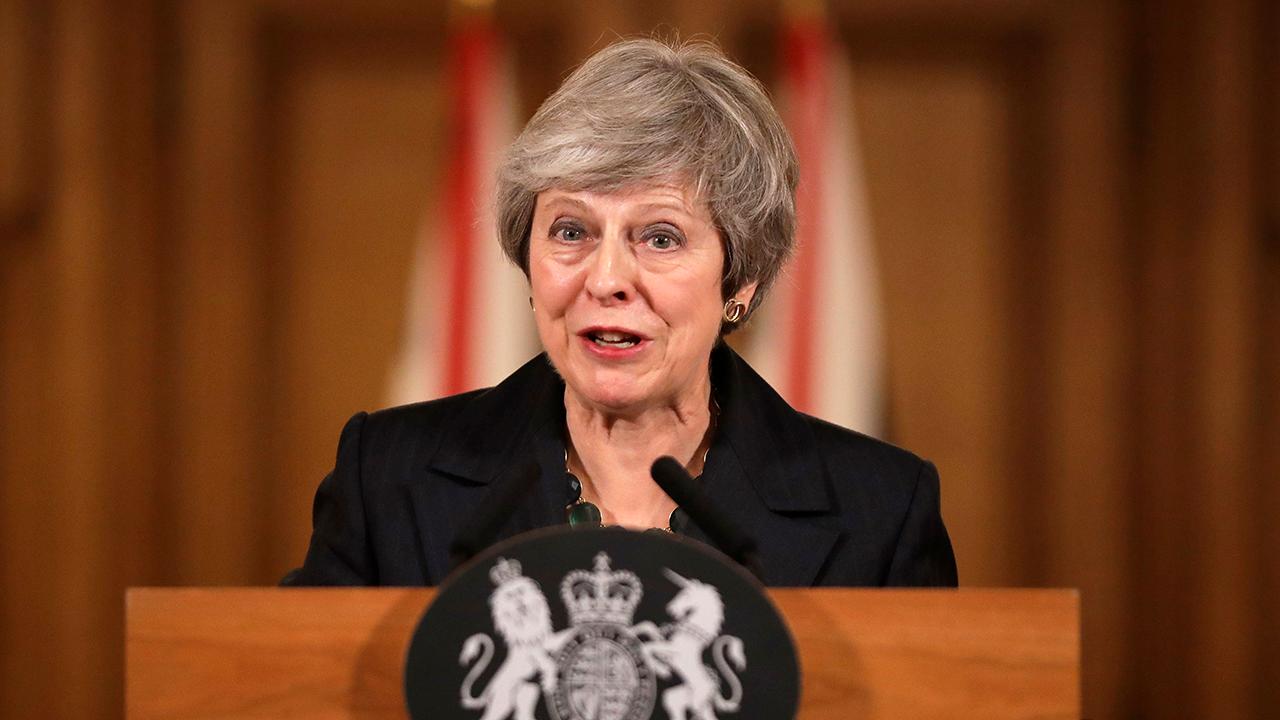Ford backs PM May's Brexit plan to avoid no-deal 'catastrophe'
LONDON (Reuters) - Carmaker Ford <F.N> backed Prime Minister Theresa May's Brexit deal on Thursday to avoid a no-deal "catastrophe," but said she still needed to guarantee long-term frictionless trade, which is key to the future of its plants in Britain.
Ford Europe boss Steven Armstrong told Reuters the company was considering importing more vehicles into Britain ahead of Brexit to avoid any disruption if May's deal is not approved by lawmakers.
It is also working with suppliers to minimize delays and looking at potentially adapting its own port at Dagenham in southeast England, he added.
Britain is due to leave the world's largest free trade bloc on March 29, but there are concerns over what happens if lawmakers reject May's withdrawal agreement with the European Union in a key vote next month, including possible snarl-ups at ports and motorways that would hit trade. Armstrong said May's deal with Brussels "isn't perfect", but allowed the firm to plan.
"A no-deal Brexit would be a catastrophe ... It’s important that we get the agreement ratified that’s on the table at the moment," he said. Manufacturers are also seeking a guarantee of free-flowing trade to avoid delays and extra customs checks at ports when future trading rules kick in. Under the terms of May's agreement, that should be when a transition period ends in 2020.
"I keep pushing the point that we need frictionless trade at the borders as well," Armstrong said. "That's not quite crystal clear in the withdrawal agreement."
CONTINGENCY PLANS
Britain's car industry employs over 850,000 people and relies on the speedy movement of lorries, engines, vans, cars and components to and from the continent every day.
Carmakers are taking steps to prepare for major disruptions after Brexit, which is one possibility if parliament rejects May's plan and Britain crashes out of the EU on World Trade Organization terms.
Ford operates two engine plants but builds no vehicles in Britain. The country is its third-largest market, and the destination for roughly one in three cars made at its German Cologne plant as well as one in four vans from a Turkish site.
"We would look to see what the opportunity would be to bring more vehicles in ahead (of Brexit)," said Armstrong. "It would help us through April, May and into June."
The firm also operates its own port near its east London Dagenham engine facility and is considering how to handle any additional bureaucracy.
"We're planning how we would use that," Armstrong said. "What would the physical infrastructure changes need to be if we had to do different customs checks at the port there."
(Reporting by Costas Pitas; Editing by Mark Potter)




















